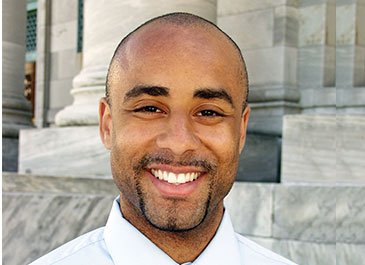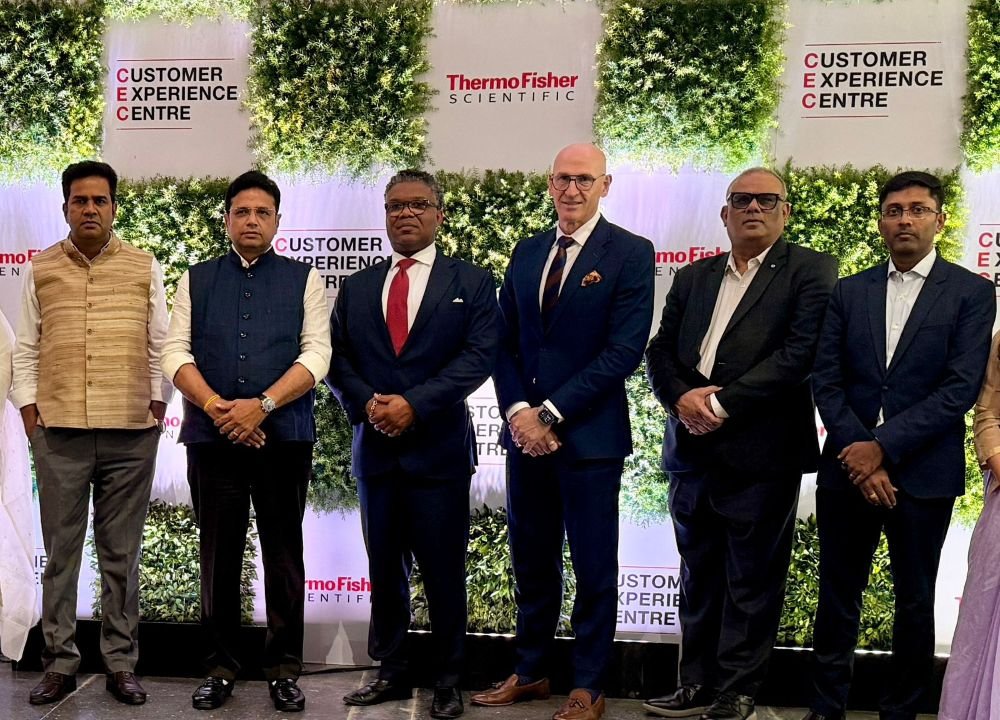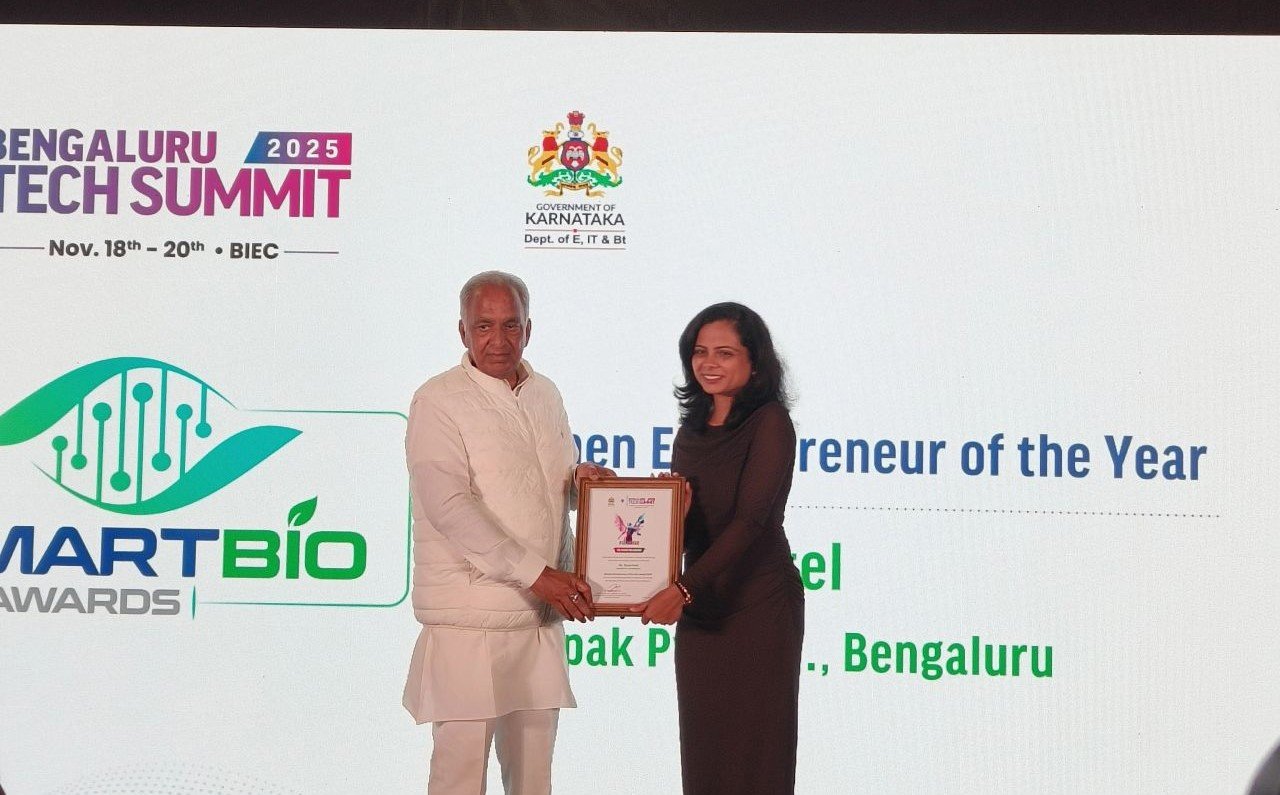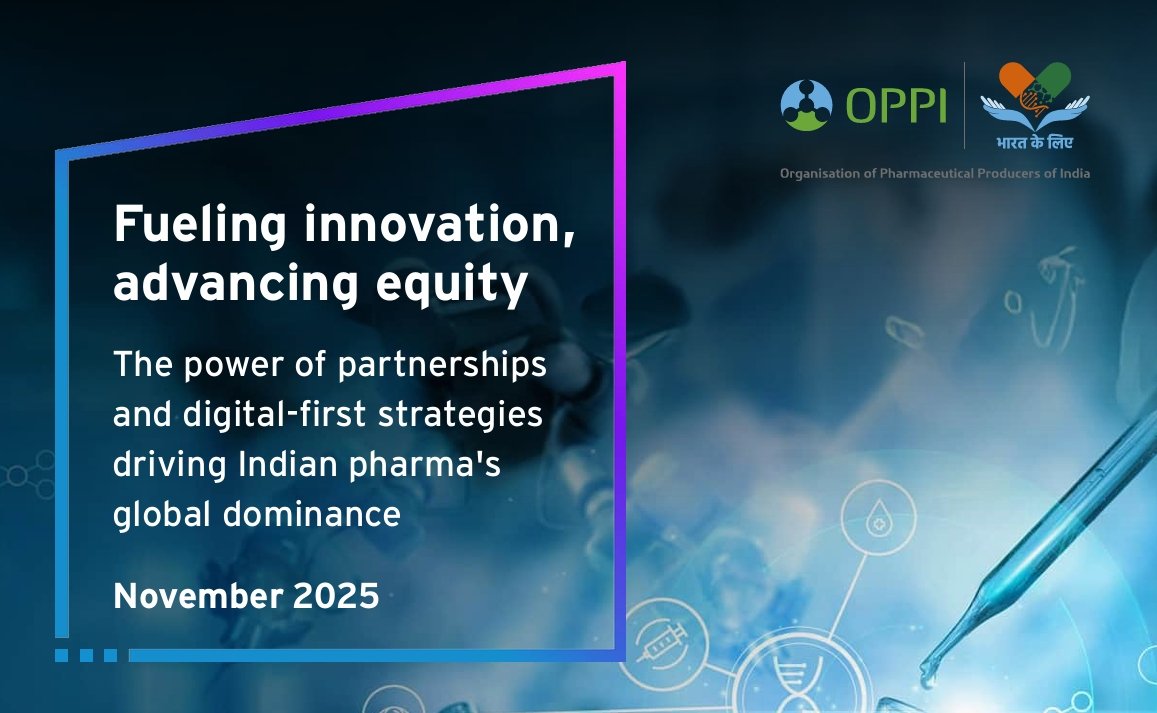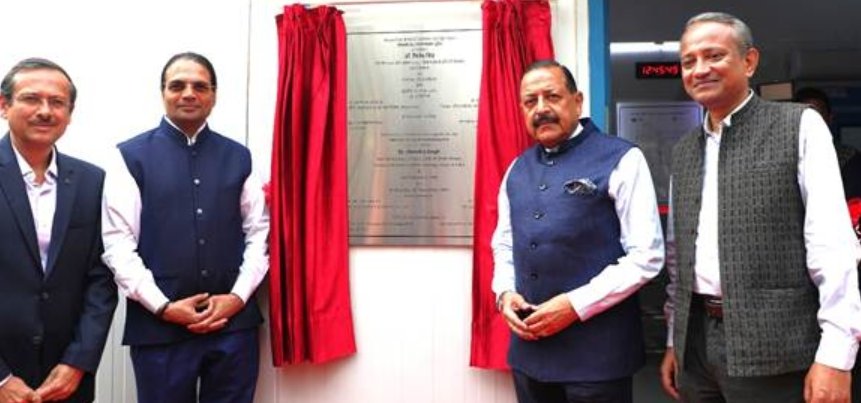E-health: Lack of common platforms a major challenge
October 30, 2014 | Thursday | Features | By BioSpectrum Bureau
E-health: Lack of common platforms a major challenge
Dr David Walton, director, global health, ThoughtWorks
Today the challenge India has, much like many other countries, is to not only reach the poor but also to ensure a level of healthcare that reflects equity.
The pace of development of e-health and m-health is as fast as it has ever been, and the penetration of devices like mobile phones is both unprecedented and increasing.
All the while, the push to have more care done at home and away from the hospital is gaining traction and developing increasing numbers of community health workers. As such, the potential for m-health seems boundless in its ability to change the way care can be delivered.
"Mobile health and e-health have had a tremendous uptick in both interest and utilization, from places like the US and Kenya and many places in between. The understanding that m-health and e-health tools can improve healthcare delivery across the spectrum of the healthcare experience is promoting more uptake, both large and small scale, both public and private," opined Dr David Walton, director, global health, ThoughtWorks.
But there is limited use of mobile applications in which healthcare is facilitated in global north countries. "There are plenty of monitoring applications and wellness activity trackers to help people measure the number of steps they've taken in a day, but something as simple as SMS messages to vulnerable pregnant women is rarely seen, even in areas with limited access to practitioners or hospitals," he pointed out.
The reliance on diagnostic tools and expensive tests is also pervasive in places like the US. But in places like India, doctors have even devised a way to measure hemoglobin for pennies on the dollar. "This type of frugal innovation is what has driven and what will continue to drive affordability and increasing access in resource-constrained settings," Dr Walton explained.
He said that the major challenges in the m-health and e-health sector is the lack of standardization of approach and the lack of common platforms.
"I think that in developing countries much can be learned from places like the United States, specially, what not to do. The US has failed on so many levels of creating accessible and affordable healthcare to its people," he pointed out regrettably.
Affordability and accessibility of healthcare often fall to the public sector as the primary purveyor of healthcare for countries both in the global north and in global south.
"Working with the government allows improvement in delivery at scale, and particularly helps in closing the gap for masses who are traditionally marginalized," suggested Dr Walton.
Dr Walton observed that the recent trials and tribulations of the Affordable Care Act (ObamaCare) is a small step in the right direction of addressing the fact that so many Americans lack access to even the basics of primary care.
Talking about global southern countries, he says, the ability of the public sector to deliver healthcare is hamstrung by a myriad of issues including the brain drain of qualified medical professionals, expensive pharmaceuticals, difficulty with supply chain, and inadequate medical infrastructure among others.
"The ability of developing nations to leapfrog the status quo of developed nations and create solutions that can truly enhance care delivery has already been established, and I think that trend will continue," he commented.
The role of open source software is imperative, particularly in healthcare. The tools that are used to improve healthcare - whether it be software, information, new research, or new pedagogical tools to improve teaching methods - can only create an equitable widespread improvement in outcomes if they are available to everyone.
"The dissemination of knowledge and technology can often be hamstrung by private licensing and propriety fees. Open source software is one way to remove those barriers, and allows software and technology to be used by those that, more often than not, need it most," noted Dr Walton.
For m-health, there is a trove of evidence that demonstrates fewer errors and improved patient outcomes. However, the penetration of m-health in developing nations, especially within clinics and hospitals, is still small.
As a company, said Dr Walton, we seek to partner with others to facilitate their ability to deliver high quality, affordable healthcare. "That includes both public sector and private sector partners across all geographies, but particularly in the global south," he added.
"We are also open to working with the private sector, as we understand the role the private sector can play in being leaders in the space both nationally and internationally, and are looking to improve delivery of care to all walks of life," expresseed Dr Walton.
Currently, ThoughtWorks has diverse set of clients in the sector, from NGOs in the Americas and in Africa, to Ministries of Health in Africa and Asia, as well as clinics and hospitals.
"Our projects are also equally as diverse - from mobile health applications focused on community health workers to hospital management information systems, to developing shared health records for nation states," he concluded.


